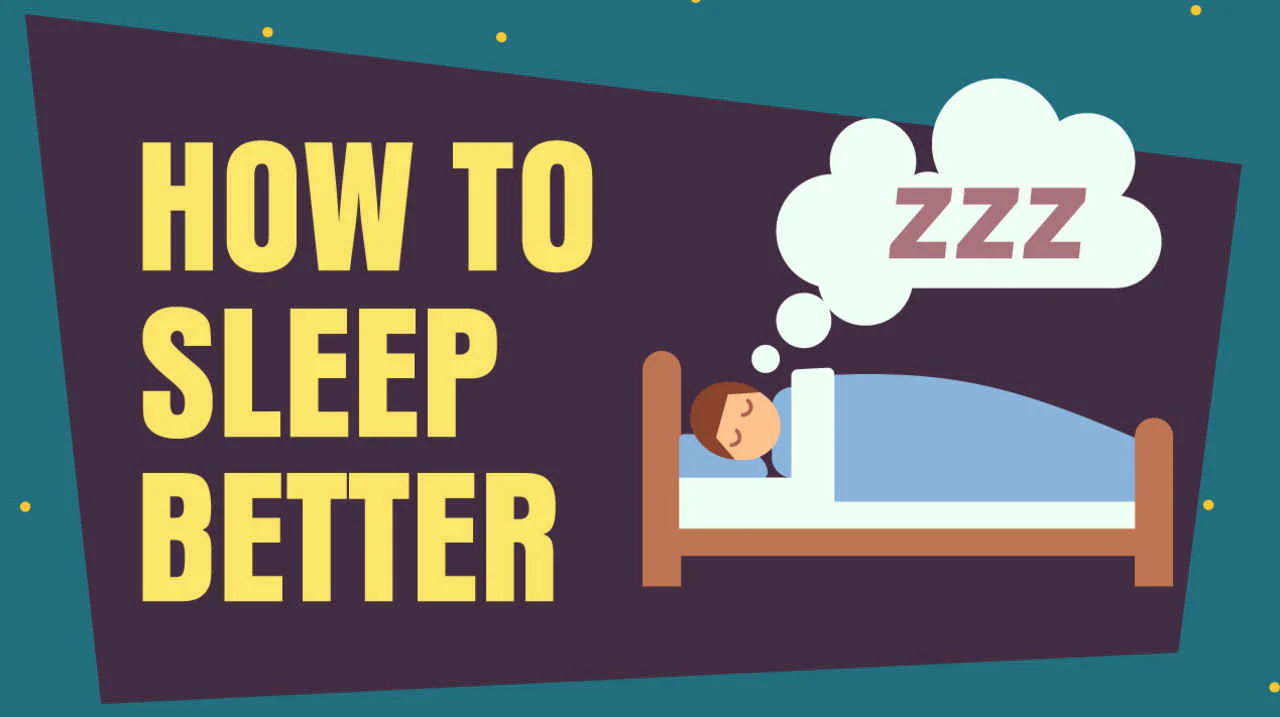Sleep apnea is a sleep disorder that affects many Australians. It occurs when a person’s breathing is interrupted during sleep, leading to fragmented and poor-quality sleep. If left untreated, sleep apnea can have serious health consequences. However, with early detection and proper treatment, individuals can take charge of their health and improve their overall well-being.
Understanding Sleep Apnea
Before discussing the importance of sleep apnea testing and sleep apnea test cost Australia, it is crucial to understand this sleep disorder. Sleep apnea is categorized into three types: obstructive sleep apnea, central sleep apnea, and complex sleep apnea syndrome. The most common type, obstructive sleep apnea, occurs when the muscles in the back of the throat fail to keep the airway open.
Sleep apnea, regardless of its type, can disrupt the normal sleep cycle and prevent individuals from reaching the deep, restorative stages of sleep. This can leave them feeling excessively tired during the day and may lead to various health problems. Learn more about Adelaide sleep apnea test to get accessible solutions for quality sleep.
The Science Behind Sleep Apnea
When a person with sleep apnea falls asleep, the muscles in their airway relax, causing the airway to narrow or close altogether. As a result, the brain is deprived of oxygen and sends signals to wake up and resume breathing. These awakenings, although brief, disrupt the sleep cycle and prevent individuals from getting the rest they need.
Over time, the constant interruptions in sleep can lead to chronic fatigue, memory problems, difficulty concentrating, and mood swings. Additionally, untreated sleep apnea is associated with an increased risk of cardiovascular diseases, high blood pressure, stroke, and diabetes.
Symptoms and Risks of Sleep Apnea
Sleep apnea can manifest in a variety of symptoms, including loud snoring, gasping or choking during sleep, morning headaches, dry mouth or sore throat upon waking, and excessive daytime sleepiness. It is important to note that not everyone with sleep apnea exhibits these symptoms, making it essential to undergo a sleep apnea test if there are concerns.
Individuals who are at higher risk for developing sleep apnea include those who are overweight, older adults, and individuals with a family history of the disorder. Certain lifestyle factors, such as smoking, alcohol consumption, and sedative use, can also increase the risk of sleep apnea.
The Importance of Sleep Apnea Testing
Given the potential health risks associated with sleep apnea, it is crucial to undergo testing if there are any suspicions or concerns. Sleep apnea testing involves monitoring various aspects of an individual’s sleep, such as breathing patterns, oxygen levels, and brain activity, to determine if sleep apnea is present.
There are different methods of sleep apnea testing, including in-lab sleep studies and home sleep tests. In-lab sleep studies are conducted in a sleep center, where the individual spends the night while being monitored by medical professionals. Home sleep tests, on the other hand, allow individuals to undergo testing in the comfort of their own homes using portable monitoring devices.
By undergoing sleep apnea testing, individuals can receive an accurate diagnosis and appropriate treatment if necessary. Treatment options for sleep apnea may include lifestyle changes, such as weight loss and avoiding alcohol and sedatives before bed, as well as the use of continuous positive airway pressure (CPAP) machines or oral appliances to help keep the airway open during sleep.
Overall, understanding sleep apnea and the importance of testing is crucial for maintaining good health and quality of life. If you suspect you or someone you know may have sleep apnea, it is recommended to consult a healthcare professional for further evaluation and guidance.
The Importance of Sleep Apnea Testing
Early detection of sleep apnea is crucial for several reasons. Firstly, it allows individuals to take immediate steps towards reducing symptoms and improving their sleep quality. Secondly, identifying sleep apnea early on can help prevent long-term health implications associated with the disorder. Lastly, undergoing a sleep apnea test provides individuals with an accurate diagnosis, ensuring that they receive appropriate treatment.
Sleep apnea is a common sleep disorder that affects millions of people worldwide. It is characterized by pauses in breathing or shallow breaths during sleep, leading to disrupted sleep patterns and decreased oxygen levels in the body. While some individuals may experience symptoms such as loud snoring, daytime fatigue, and morning headaches, others may have sleep apnea without being aware of it. This underlines the importance of undergoing a sleep apnea test for early detection and intervention.

Early Detection and Prevention
By undergoing a sleep apnea test, individuals can identify the presence of sleep apnea even in the absence of symptoms. This early detection allows for timely intervention, minimizing the impact of the disorder on one’s health and quality of life. Lifestyle modifications, such as weight loss and avoiding sleep position on the back, can also be implemented to reduce the severity of sleep apnea.
Furthermore, untreated sleep apnea can lead to cognitive impairment, mood disturbances, and an increased risk of accidents due to daytime sleepiness. By addressing sleep apnea early through testing and appropriate treatment, individuals can significantly improve their overall well-being and reduce the risk of these complications.
Long-Term Health Implications
Undiagnosed and untreated sleep apnea can have serious long-term health consequences. It is strongly associated with an increased risk of cardiovascular diseases, including high blood pressure, heart attacks, and strokes. Sleep apnea can also worsen existing medical conditions, such as diabetes and obesity. Through sleep apnea testing, individuals can take the necessary steps to address these risks and protect their overall health.
Moreover, sleep apnea testing can help healthcare providers tailor treatment plans to individual needs. Treatment options for sleep apnea may include continuous positive airway pressure (CPAP) therapy, oral appliances, or surgery in certain cases. By undergoing testing and receiving a proper diagnosis, individuals can work with their healthcare team to determine the most effective treatment approach for their specific condition, leading to improved sleep quality and overall health outcomes.
Overview of Sleep Apnea Tests
When it comes to accurately diagnosing sleep apnea, there are a variety of tests available. These tests involve monitoring and recording specific physiological variables during sleep, providing valuable insights for sleep specialists to analyze.
One of the most commonly used tests for diagnosing sleep apnea is polysomnography (PSG). This test is conducted in a sleep laboratory and is considered the gold standard. During PSG, various measurements are taken, including brain wave activity, eye movements, heart rate, breathing patterns, and oxygen levels. By examining these variables, sleep specialists can determine the presence and severity of sleep apnea.
While PSG is highly effective, there is also a more convenient and cost-effective alternative known as home sleep apnea tests (HSAT). With HSAT, individuals can conduct the test in the comfort of their own homes using portable equipment. Similar to PSG, HSAT involves monitoring physiological variables such as brain activity, eye movements, airflow, and oxygen levels. This option provides flexibility and convenience for those who may find it difficult to spend a night at a sleep laboratory.
What to Expect During a Sleep Apnea Test
If you’re scheduled for a sleep apnea test, you can expect to either spend a night at a sleep laboratory or conduct the test at home using portable equipment. In both cases, sensors will be placed on your body to monitor various factors while you sleep. These sensors are painless and non-invasive, ensuring that you can sleep naturally during the test without any discomfort.
During the test, the sensors will measure your brain activity, eye movements, airflow, and oxygen levels. This comprehensive data will then be collected and analyzed by a sleep specialist. They will carefully examine the results to determine if sleep apnea is present and, if so, the severity of the condition.
Once the analysis is complete, the sleep specialist will use the information gathered to develop an appropriate treatment plan tailored to your specific needs. This may include lifestyle changes, the use of continuous positive airway pressure (CPAP) machines, or other interventions aimed at improving your sleep quality and overall well-being.
It’s important to remember that sleep apnea tests are crucial in accurately diagnosing the condition and guiding appropriate treatment. By undergoing these tests, you are taking an important step towards improving your sleep health and overall quality of life.

Sleep Apnea Testing in Australia
Access to sleep apnea testing in Australia is widely available. Sleep laboratories and clinics are located in various cities across the country, ensuring that individuals can undergo testing easily. Home sleep apnea tests, which offer convenience and privacy, are also becoming more accessible.
Accessibility and Availability of Testing
Both public and private healthcare facilities offer sleep apnea testing in Australia. Referrals from general practitioners or specialists are typically required to access these services. Additionally, some sleep laboratories may have wait times for testing, but efforts are being made to reduce waiting periods and improve accessibility.
Costs and Insurance Coverage
The cost of sleep apnea testing in Australia can vary depending on whether the test is conducted in a sleep laboratory or at home. Public healthcare can provide subsidies or reimbursements for sleep apnea testing, but coverage may vary. Private health insurance policies often cover a portion of the costs associated with sleep apnea testing, allowing individuals to access the necessary services without significant financial burden.
Post-Test Procedures
Once the sleep apnea test is complete, individuals will receive their test results and have them interpreted by a sleep specialist. This step is crucial for understanding the severity of the sleep apnea and developing an appropriate treatment plan.
Interpreting Your Test Results
A sleep specialist will review the data collected during the sleep apnea test and provide a detailed interpretation. The results will indicate the presence and severity of sleep apnea, as well as any other related factors. This information will help guide the selection of an appropriate treatment approach tailored to the individual’s specific needs.
Treatment Options and Next Steps
Once sleep apnea has been diagnosed, various treatment options can be explored. Continuous positive airway pressure (CPAP) therapy, which involves wearing a mask over the nose or mouth while sleeping, is a common treatment for sleep apnea. Other options include lifestyle modifications, oral appliances, and in some cases, surgery. The sleep specialist will discuss these options with the individual and provide guidance on the next steps towards managing sleep apnea.
Conclusion
Sleep apnea testing is a critical step for individuals in Australia to take charge of their health. By understanding the science behind sleep apnea, recognizing the symptoms and risks, and undergoing sleep apnea testing, individuals can access the care they need to manage this sleep disorder effectively. With early detection, individuals can protect their long-term health, improve their quality of sleep, and enhance their overall well-being. Don’t wait to address your sleep apnea concerns. Take charge of your health by scheduling a sleep apnea test today.

